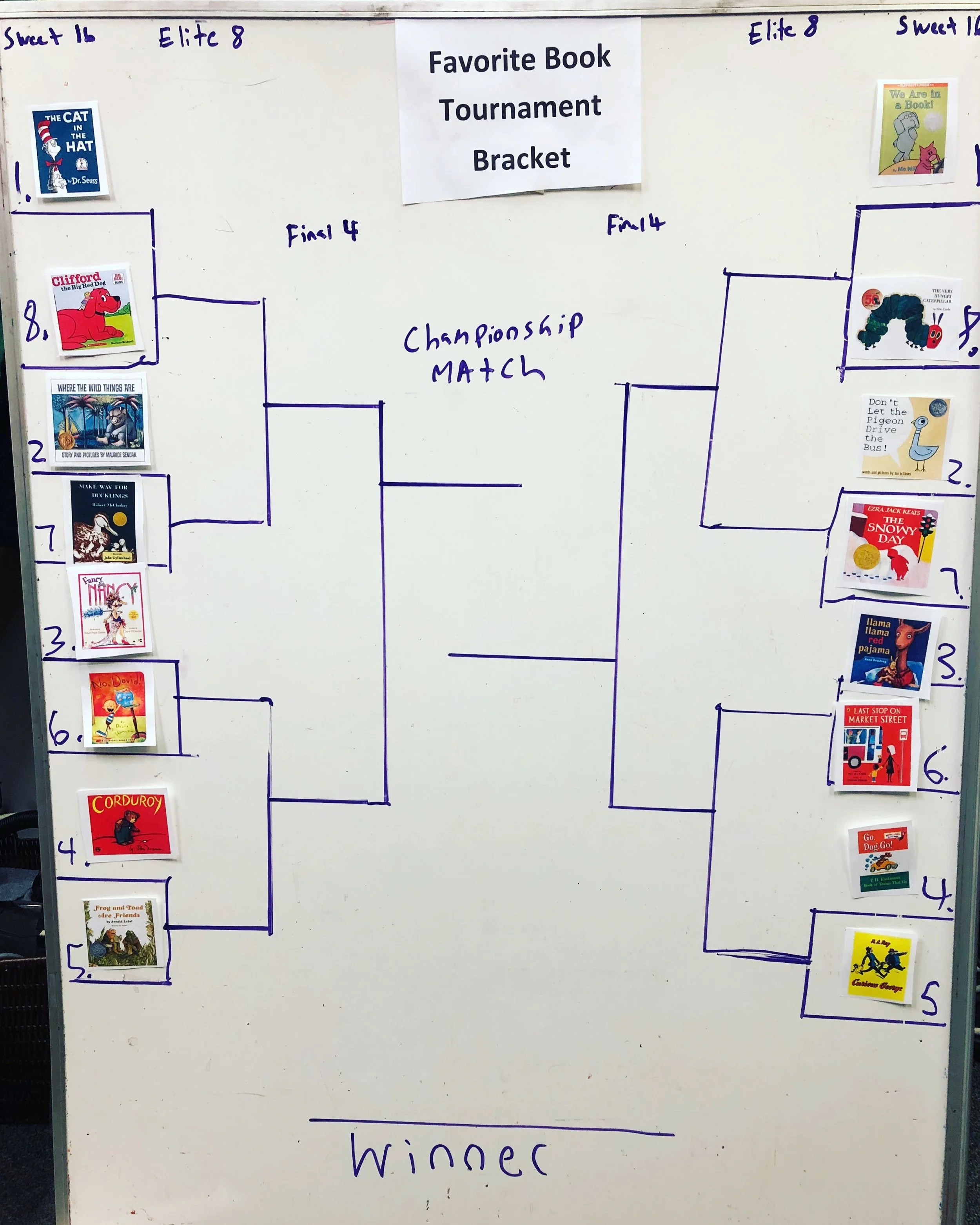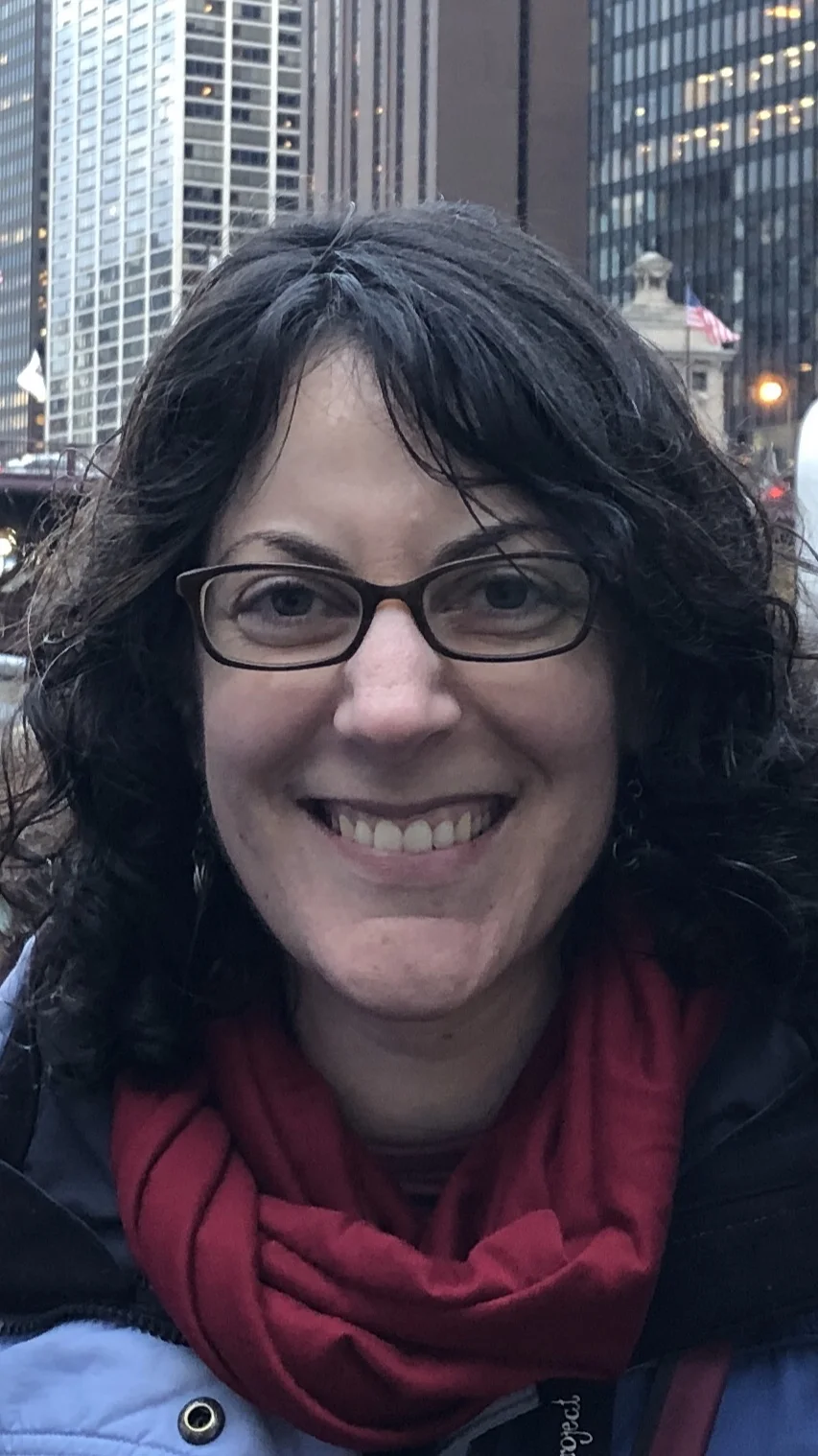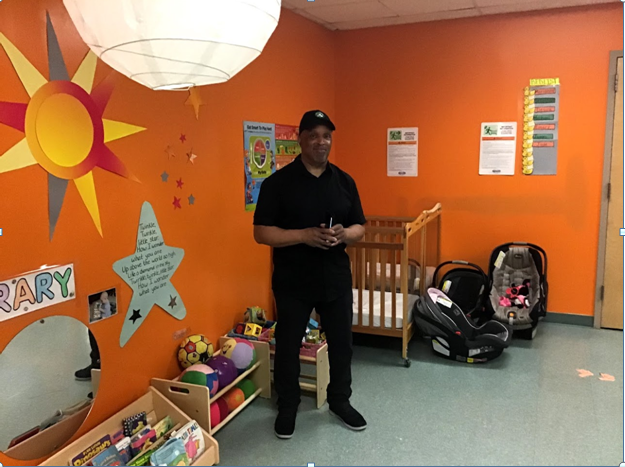Spotlight Interview With Early Childhood Educator Melody Lack
For our next Spotlight Interview, we have 5 questions for experienced and talented early childhood educator Melody Lack.
Question: 1. What experiences have you had working in early childhood education and care?
I have been teaching in the early childhood field since 1994. I have experience teaching Toddlers, Preschoolers as well as early Elementary aged children. I am blessed to be a “Teaching Director” and spend most of my time teaching and learning in the classroom among the children instead of solely being in the office. I have balanced my director responsibilities by having a co-director where we allocate director responsibilities to the early and latter part of our work day each week. All of my experience has been in a private setting with an emphasis on multi-age groupings where children of varying ages and skills are provided with time to learn amongst each other together in what we hope are natural interactions.
I started teaching full time when I completed my undergraduate degree and within the first few years decided to pursue a Master’s Degree in Early Education while I continued working in the classroom. This scenario served to be a meaningful way for me to develop my teaching skills as I had ample opportunities to integrate and apply what I was learning in my graduate courses into my classroom setting simultaneously. In 2012, I was selected to join a small cohort of early childhood educators from all sectors of early education (i.e. private, public, Head Start, early intervention) across the state of Massachusetts to pursue a Post Masters Degree in Early Education Research, Policy and Practice at UMass Boston. This was one of the first programs I had learned about which was presented to Early Childhood Educators who wanted to be engaged in higher learning and be working at the same time. As a PMC student, I was taught how to look at current research in the early childhood field, understand how some of that research shapes policies in the field and bring to light areas where more research is needed. Through this program, I was also able to invest in a research topic of my own choosing which was the many benefits of Mixed Age groupings in early childhood classrooms and how the natural -interactions and learning among children of varying ages and skills can enhance learning for all involved.
Question 2. Where there any college courses, mentors, or professional development experiences that stood out as being helpful in your work?
I feel that I have been fortunate to be engaged in all my graduate and post graduate learning among a cohort of experienced, dedicated and passionate educators whom have all served to be my mentors along the way. Each one of us as a cohort had varied experiences which we shared as we were engaged in our formal learning. As a result, a network of early childhood educators has been formed and we have found ways to keep connected and collaborate when needed. A few of us have also presented in professional development workshops as a team throughout the years.
Question 3. If you could talk to politicians and policy makers about early childhood education and care, what would you tell them?
I would tell them that we are definitely taking some steps in the positive direction in the field of early education. There is still a lot to be done and we need to be more unified in our efforts to lift the field early education as a whole to a higher level. As Early Childhood Educators we play an integral role as part of the child’s early learning process and growth. I feel that it is time to put the spot light on early educators and the important role we have in establishing the foundation for learning for all children. The foundation we help create during the early years can provide lifelong benefits to children’s success in formal schooling. Let’s give more credit to all that we do as educators and collaborate to bring the respect the field deserves.
Question 4: Do you think there are divides between different segments of the ECE community ( example, teachers, administers, policy makers, academic researchers) and if is so how do you think we can possible bridge some of those divides?
There is definitely a divide between the different segments of the ECE community but in recent years, I feel that there has been an effort to try and shorten the gap that exists among the segments. It is important to understand that while a bridge may be in the works, in order to fully unify the field, we need to agree on common ground and start by joining forces and pulling resources to support the educators that work directly in the field. Before a bridge is built, we need to take time to listen to necessary elements we find to be essential to our work and then prioritize those needs. Early Educators need to have a say in what we feel we need to support our efforts in our classrooms and with the families we work with. We need to have a strong voice in how and where the bridge needs to be built but this requires patience, understanding and perseverance on all levels. It’s work in progress!
Question 5. What makes you optimistic about the future or ECE and what do you think are the biggest challenges to improving quality?
I am optimistic about the future of ECE because I have experienced and seen how the quality of care has improved over the past twenty plus years. There is more emphasis and research on the importance of the early years and the integral role early childhood educators play in children’s schooling for years to come. I think the biggest challenge still remains on how to best support our early childhood educators, how to keep them motivated with the demands that we put to improve quality and what steps we need to take to unify the whole field of education. Early childhood education is not and should not be viewed as a separate entity; it deserves a spot in education as a whole. I feel fortunate to be a part of a program where we feel respected as educators by the families we serve and to feel acknowledged and appreciated for the role we play in children’s lives. I am optimistic about the path early education is on and will do my share to help support the path to getting us to where we need to be.





